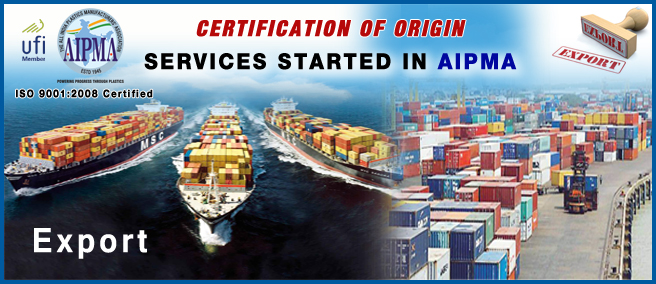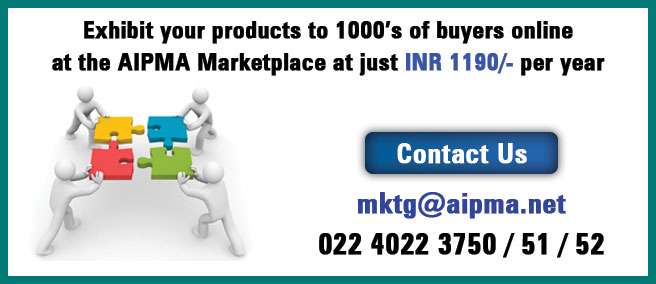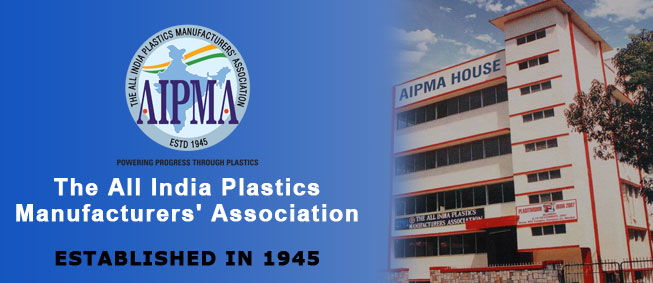President's Message
|
Hiten Bheda |
|
Plastics will serve in absence of comparable efficient alternatives With the state government proposing to ban Plastics from Gudhi Padwa i.e. March 2018, AIPMA has been fighting tooth and nail against such a step that in all likelihood will compromise convenience, affordability, food safety and health safety for millions of consumers. Is proposed ban a solution? We do not believe so. This does not imply that we are insensitive towards the environmental impacts. We are equally concerned about maintaining the Environmental balance and have been doing our endeavour for the same. Endorsement to adherence of the Plastics Waste Management Rules 2016 across the country says it all. AIPMA has played proactive role in formulation of PWM Rules that addresses the need for responsibilities throughout the value chain. The next step is to facilitate effective implementation of this rules in totality throughout the country. It is only then that the Swachh Bharat Abhiyan, a dream of Honourable PM Shri Narendra Modi will become a reality. However, it seems that there exists some gaps that are delaying the very process of implementations of proposed laws. It would be an excellent step forward if a central environmental authority or council similar to GST council is formed with mandate of time bound implementation of the PWM and other waste management rules. All the states as stake holders would then be sensitive to the real issues and responsibilities rather than perceived threats resulting into unsustainable solutions. One Country one law for Environment is the best bet for which the time has arrived. Meanwhile, we as an apex body of the plastic processing industry have been interacting with the authorities to make them aware that the Industry has been proactive on the issue and that the solution calls for involvement of all stake holders throughout the value chain. A selective delegation of members from AIPMA has met the Environment Minister and the Industries Minister to inform the utility value of Plastics and the fact that it has no alternate. The Ministers did give a patient hearing and have assured to do the needful. An action plan is being suggested to avoid precipitation of crisis. Plastic products are of great utility in the hands of consumer while in use but turns to waste post usage. The waste when littered irresponsibly creates eye sore in the environment and plays havoc when downpour happens in the city along with other waste. Plastics are blamed and the media highlights the water clogged city ceremoniously just to have higher TRP’s for their TV shows. This biased reporting leads masses to make ill-informed opinion that Plastic is bad without understanding the reasons behind the issue. Is Plastics the only culprit? No it’s not. For time and again it has been said categorically by the authorities and courts that the problem lies with waste management and Plastics is not the only pollutant. We need to fight it on two fronts: - a) littering and b) creating awareness about utility of Plastics among public in general. Littering is a problem with a very negative social and environmental impact and we need to tackle it not only for the survival of the industry but more so as a social responsibility. Heaps of waste lies on streets, rail tracks, beaches almost everywhere and the media creates a story out of nothing but Plastics. We need to address the issue and emphasize on creating awareness among the masses by leveraging all forms of media to create positive image of Plastic and take on adversaries engaged in baseless unscientific propaganda to tarnish image of the industry. The task is herculean. All the partners in the value chain from raw material manufacturers to retailers and all the trade bodies have to unite to take it up. Either we be the catalyst to change the perceptions or be ready for perceptions to change us. The questions are. If not now, when? If not us, who? Hiten Bheda |





